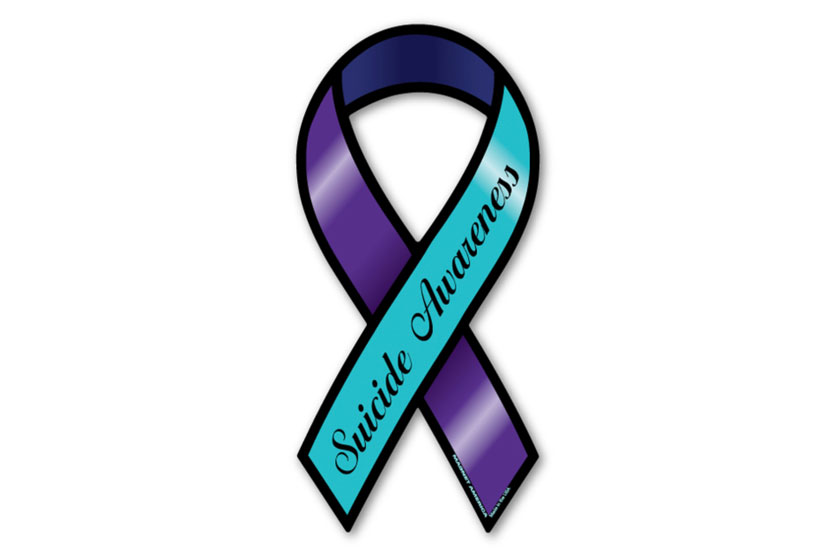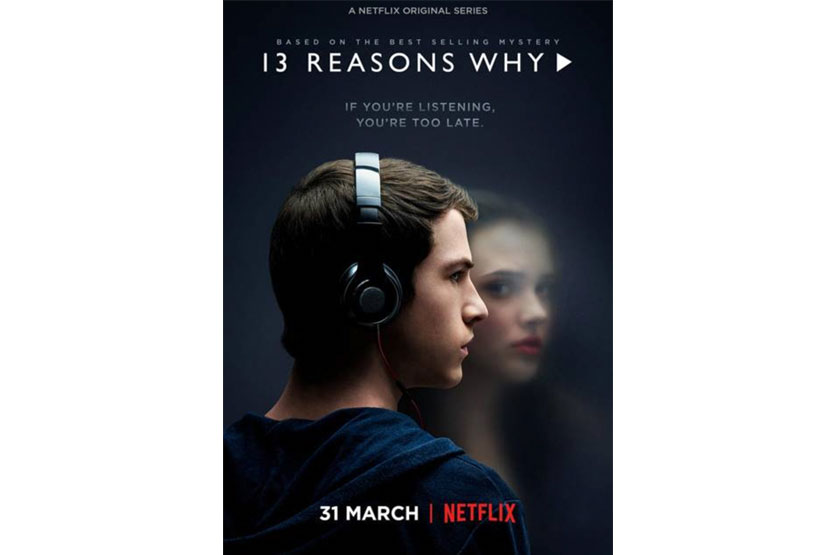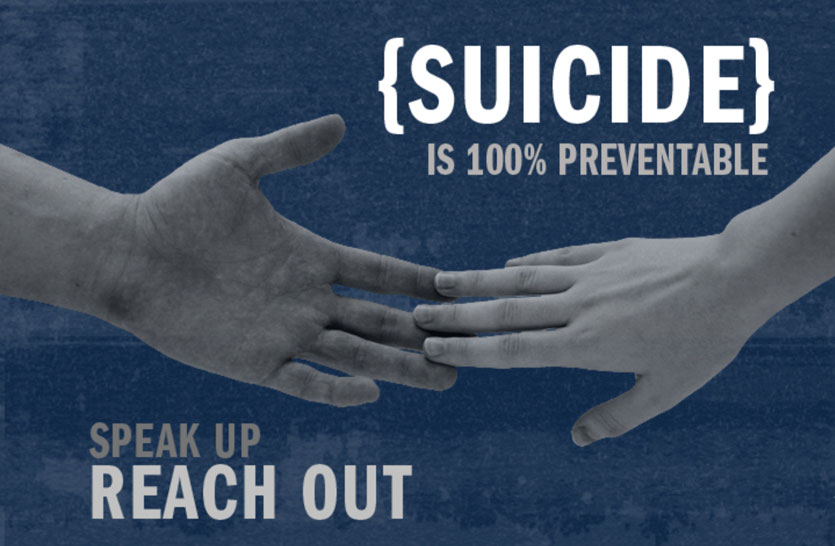Apr 27 2017.
views 1325Hashtag Activism Win Or Fail?
If you scroll through your social media feeds right this very minute, you will probably come across this post quite a few times:
"My door is always open. Any of my friends who need to chat or speak are always welcome to call. It's no good suffering in silence. come to my house, talk to me. We can go have dinner or drinks and most importantly, I will always lend my ear to you. #SuicideAwareness"
Or this one.
"Could at least one friend, please copy and repost? (not share) I'm trying to demonstrate that someone is always listening. #SuicideAwareness"

In this day and age of technological progression, the act of engaging in hashtag activism has been imbibed in our psyche. And not without reason. The #BringBackOurGirls campaign forced the Nigerian government to finally step up and take action against Boko Haram. #Kony2012 , #OccupyWallStreet and our very own homegrown #OccupyTheSquare campaigns have all garnered widespread attention that eventually lead to tangible outcomes. Naturally, suicide deserves to be heard. Cue the many hashtag campaigns during what is supposedly the suicide awareness month. (World Suicide Prevention Day, meanwhile, falls on the 10th of September).

Hot on the heels of Netflix's teen drama 13 Reasons Why, the interest in suicide seems to have piqued once again. It never should have dwindled in the first place, considering the fact that Sri Lanka was listed as having the 4th highest suicide rate in the WHO report of 2014. 13 Reasons Why drew both ire and praise for its depiction of suicide. Critics accused the scene of being too graphic, adding that the show romanticised suicide and didn't so much as indicate mental illness. Supporters stated that it paved way for open dialog about a difficult topic and teaches us to be kind to those we meet. Despite the divided opinions, the show certainly shone the spotlight on suicide once again and got people talking.
But the reality is that suicide can't be grouped with campaigns for terrorism or feminism. Suicide is a volatile and delicate subject that needs to be handled with utmost care and tact. Instead, these well intended campaigns often serve as a double edged sword - while building awareness is all well and good, we easily forget that there are "real people, suffering real pain, that sometimes get caught in the cross-fire".
Mental health is somewhat of an enigma to a vast majority of Sri Lankans who continue to attribute it to supernatural phenomena. Others are skeptical, stating that sufferers of mental illness do it for attention. Because you can just snap your depression away with your fingers and get on with life, right? Worse still, mental illness is hip for some of the younger generations who drop words like 'depressed', 'bipolar' and 'schizo' without a care in the world, not considering the implications and thus undermining and rendering mental illness a joke.
This hasn't stopped the #suicideawareness campaign, and while these posts have been making rounds garnering likes, retweets and reblogs, not everyone is impressed."While I can see that the people who post them have their heart in the right place, these annoy the crap out of me, because the people who post these have not once been there for me when I've cried out for help online" read a comment by a social media user. "Either they're not on Facebook a lot, or simply ignore my so called "negative" posts, when life feels like shit and all I want to do is to cease being."

What cannot be denied is that hashtag activism opens the portal to awareness and understanding of less talked about issues. Reading personal testimonials and seeing a widespreas show of support in the comment sections has the potential to alter our attitudes and make us more compassionate.
While certainly influential, hashtag activism is not without fault. Critics question the effectiveness of what they call "lazy, armchair activism". There is no soul, no passion, no fervour. It feels more like an obligation forced down our throats (which we then obediently regurgitate) than a genuine show of support and solidarity. A mass simulated and often widely misdirected concern. Moreover, the glaring lack of leadership, organization and clear objectives means that the sustainability of the these campaigns is questionable… the ability of the campaign to yield positively substantial outcomes simply a mirage.
Life Online talked to a few users of social media about their views on hashtag activism concerning delicate topics such as suicide. They had this to say:
Ashani
Well, I think it's not a fail. It's just misguided. People are doing the good thing by wanting to share their support for those who are experiencing mental distress and possible suicidal ideation. And it's creating some level of awareness about the concept of suicide and its magnitude in society.
But the issue here is that people don't understand just how much effort and patience it takes to really be there for someone who's experiencing distress and suicidal thoughts. It takes more than just offering to have an open door and being able to listen. It means being able to objectively listen to their stories and patiently repeat the same positive affirmations sometimes or dealing with significant emotional toil personally as a result. It's not for everyone.. And it definitely won't help to tell people "it'll get better. Life goes on" or something along the lines of it.
So no, I don't think it's a fail. I just think people need to know just how intense it is and what they're signing up for if they want be there for someone who's distressed and contemplating suicide.
Thilina
Hashtag activism is good..but how many people actually follow up? It's good to put such posts up to get likes, but how many actually pick up the phone and make time for others? That is the part I'm not sure about.
Kaushi
Pointless gimmick, of course. People will reblog, retweet those comments a million times but when was the last time they honestly listened to and was there for someone who was having a hard time? People often now retweet merely for the sake of doing so without feeling any conviction towards the cause they are supporting. So many people did the ice bucket challenge but couldn't tell you what they were doing it for.
Chavika
If you want to increase the rate of suicide, then yes, they do work. Suicidal people are on a razors edge. All they need is the mere whisper of it to push them over because the more people talk about it the acceptable of an option it appears to them, because, in their frame of mind more people appear to be engaging in that behaviour and it seems okay to do it then.
Dinali
People just share these posts to look good on social media. It's all image management. When I suffered through mental illness, none of these people enthusiastically sharing these posts were there for me. Despite the stigma, I did actually share my story with a lot of friends. They all thought I was being a drama queen, and retaliated telling me they're depressed too. The campaigns get people talking. But do they lead to any tangible changes? I don't think so. My story is the best example of that.
Suchi
I think it both helps and doesn't help. It all depends on the kind of person you are at an individual level. But if the campaigns help at least one person change their attitude, then I consider it a success. At the same time, these campaigns are important because they lead to awareness. But then again, the reach is limited to only those using social media.
If you are concerned about the mental health of you or someone you know and need to talk to someone, contact:
Sri Lanka Sumithrayo
60b, Horton Place, Colombo 7
(011) 2 692 909
Or
National Council for Mental Health
96/20 Kitulwatta Road, Colombo 8
(011) 2 685 960
0 Comments